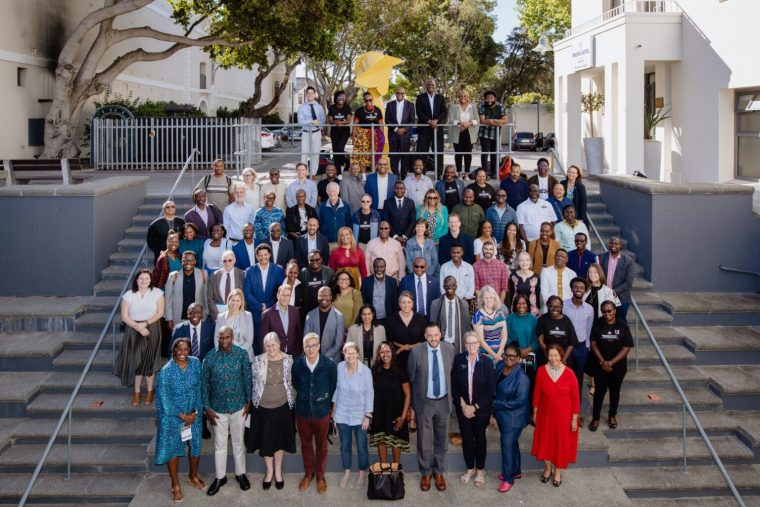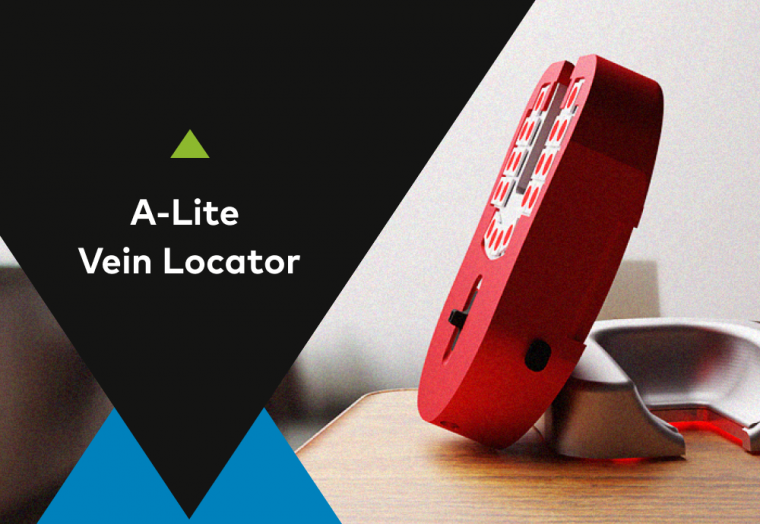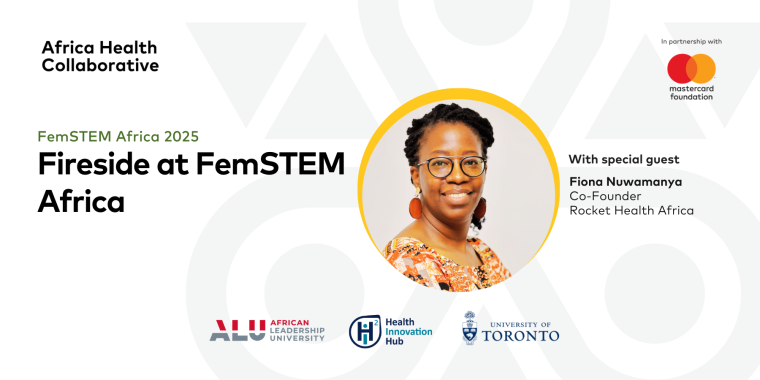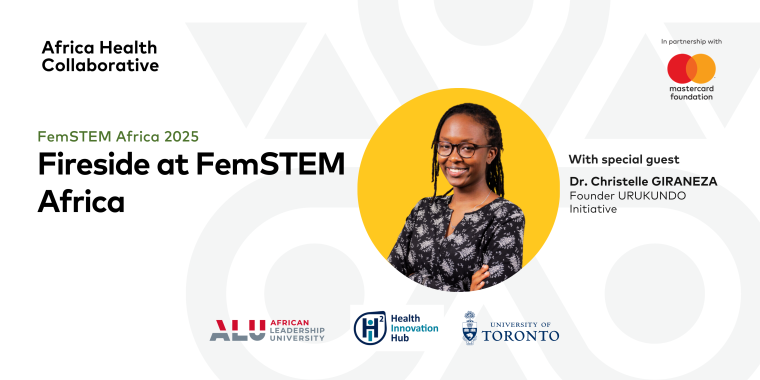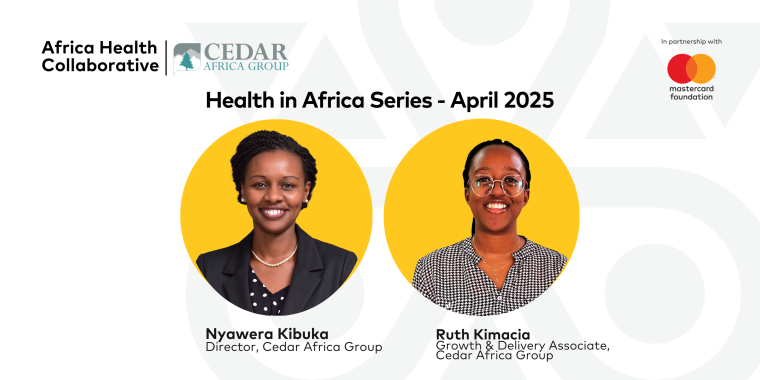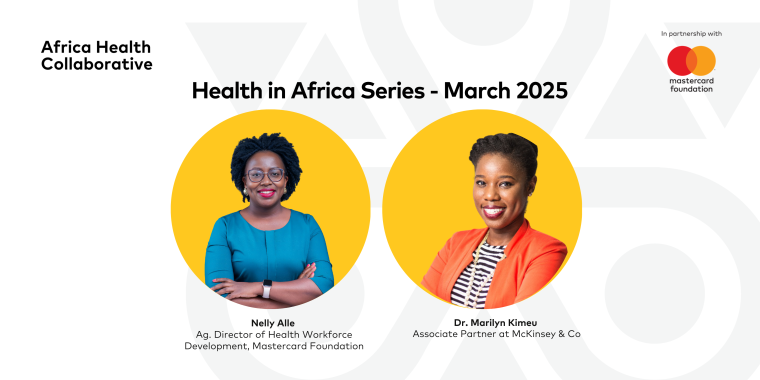Founders: Emmanuel Kamuhire, Paul Gusimba, Lydia Asiimwe, Solomon Oshabaheebwa, Dr. Julius Mubiru, and Dr. Ssenkumba Brian
The Africa Health Collaborative, in partnership with the Mastercard Foundation, will be welcoming the Health Entrepreneurship (HENT) African Impact Challenge’s second cohort for their upcoming visit to Toronto, where they will continue their implementation phase through activities targeting business development, expanding entrepreneurial networks, and facilitating exposure to potential investors.
The University of Toronto’s Health Collaborative Internal Communications Working Group caught up with the ventures to learn more about the origins of their companies, what they’ve learned to date, and what is coming up next…
A-Lite Vein Locator
Every year, healthcare providers around the world insert upwards of 1.2 billion peripheral intravenous catheters as a necessary step in treating hospitalized patients. Inserting the cannula is a crucial part of providing care to many patients—whether it is to administer medication, take blood, or provide fluids. Despite the frequency of delivery, even the most experienced healthcare providers can have difficulty locating veins. The founders of A-Lite Uganda were united by a shared empathy for patients with difficult-to-find veins, and a desire to create a means to ensure timely, safe, and effective care for all.
The founding team, comprising Emmanuel Kamuhire, Paul Gusimba, Lydia Asiimwe, Solomon Oshabaheebwa, Dr. Julius Mubiru, and Dr. Ssenkumba Brian, recognized that difficulties in finding veins can lead to treatment delays and compromise patient safety and care. Further, they realized that this issue is especially critical for children with darker skin tones. In emergency medicine, where every second counts, minimizing delays in care wherever possible is vital to improving health outcomes. In any context, repeated failed attempts at cannulation can cause pain, stress, trauma, and damage to arteries and nerves. Driven by a shared commitment to address these challenges, the founders came together to develop the A-Lite Vein Locator, aiming to create change with their own innovative solution.
The A-Lite Vein Locator is a medical device that facilitates the non-invasive detection of veins under the skin. Testing of their device to date has shown a significant reduction in failed attempts at cannulation. Using the A-Lite Vein Locator shortens cannulation time by up to 88.5 seconds and lowers the risk of needle-stick injuries and infections. Further, the use of the A-Lite Vein Locator has been shown to decrease medical waste and unnecessary use of clinic resources.
What is the accomplishment to date that your team is most proud of?
“Our team is proud that we have clinically tested A-Lite Vein Locator devices among 214 patients across 4 hospitals in Uganda.” .
If you could give advice to another founder getting started, what would that be?
“ No one person can excel at everything. Therefore, it’s crucial to surround yourself with talented individuals who share your vision and complement your skills.”
Looking ahead, the A-Lite Vein Locator team will use their pre-market results to finalize their product design. This will enable them to bring their product to market broadly and create meaningful change in clinical settings across Africa and globally.

You can learn more about A-Lite Vein Locator
More News & Events
Skip scroller content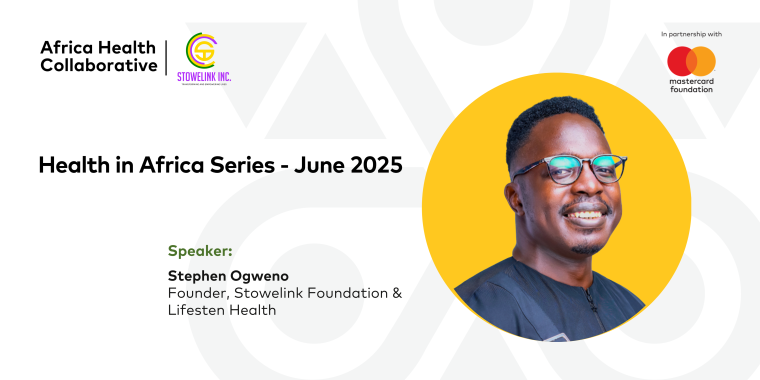
Mental Health and Identity for Students Studying at Home & Abroad
Amid shifting global dynamics, higher education institutions have a powerful opportunity to lead a new era of innovation in primary healthcare (PHC) systems. In the next episode of the Health in Africa Series, we explore practical strategies that academic institutions can apply to strengthen PHC systems, especially in resource-constrained settings.
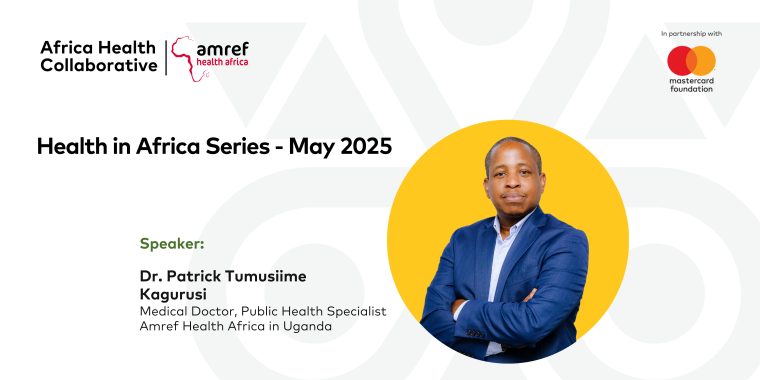
Higher Education’s Role in Reimagining Primary Healthcare
Amid shifting global dynamics, higher education institutions have a powerful opportunity to lead a new era of innovation in primary healthcare (PHC) systems. In the next episode of the Health in Africa Series, we explore practical strategies that academic institutions can apply to strengthen PHC systems, especially in resource-constrained settings.
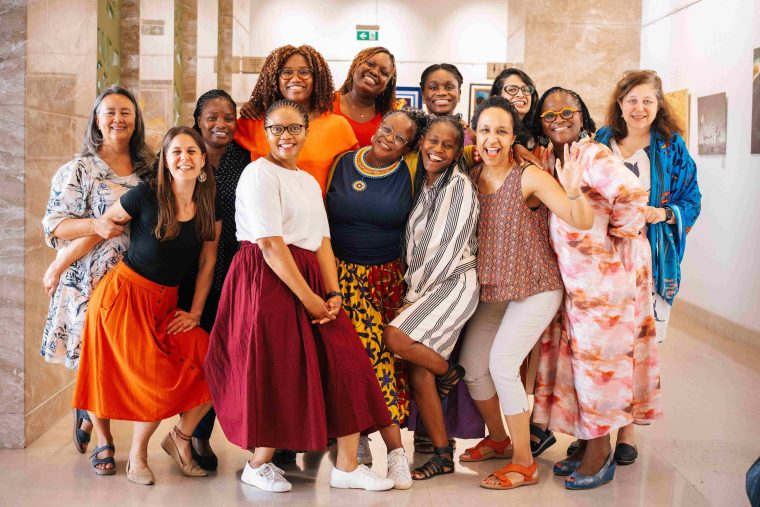
A Tribe Forged in Health: Leadership and Lifelong Bonds at WGHLF 2025
Leadership Coaching and Candid Conversations Kenyan leadership coach and governance expert, Dr. Susan Kinyeki, led a leadership coaching session that encouraged deep reflection on personal leadership journeys, identifying the ‘why ‘ and embracing the power of your voice. The highlight was a series of candid conversations with some of the most accomplished African female leaders in […]
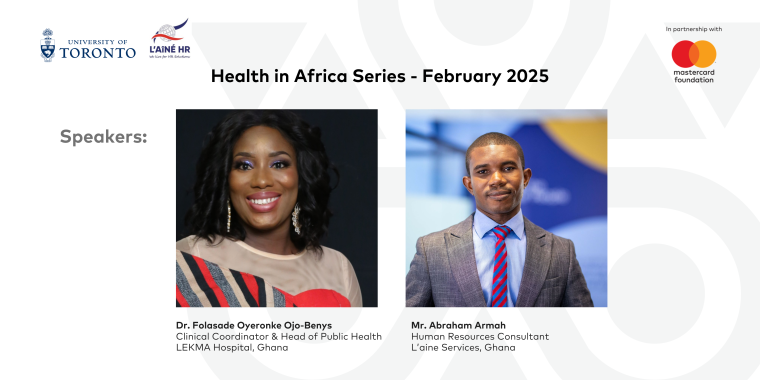
[Health in Africa Series] Health Careers in Africa: West Africa’s Job Market
About L’AINE HR L’AINE HR is a company focused on providing people-oriented solutions and development. As an ISO 9001:2015 certified organization, it serves thousands of clients in both the private and public sectors across various industries including Finance, Health, Media, Telecommunications, Education, Construction, Energy, Manufacturing, and Hospitality. The company prides itself on enhancing the most […]
